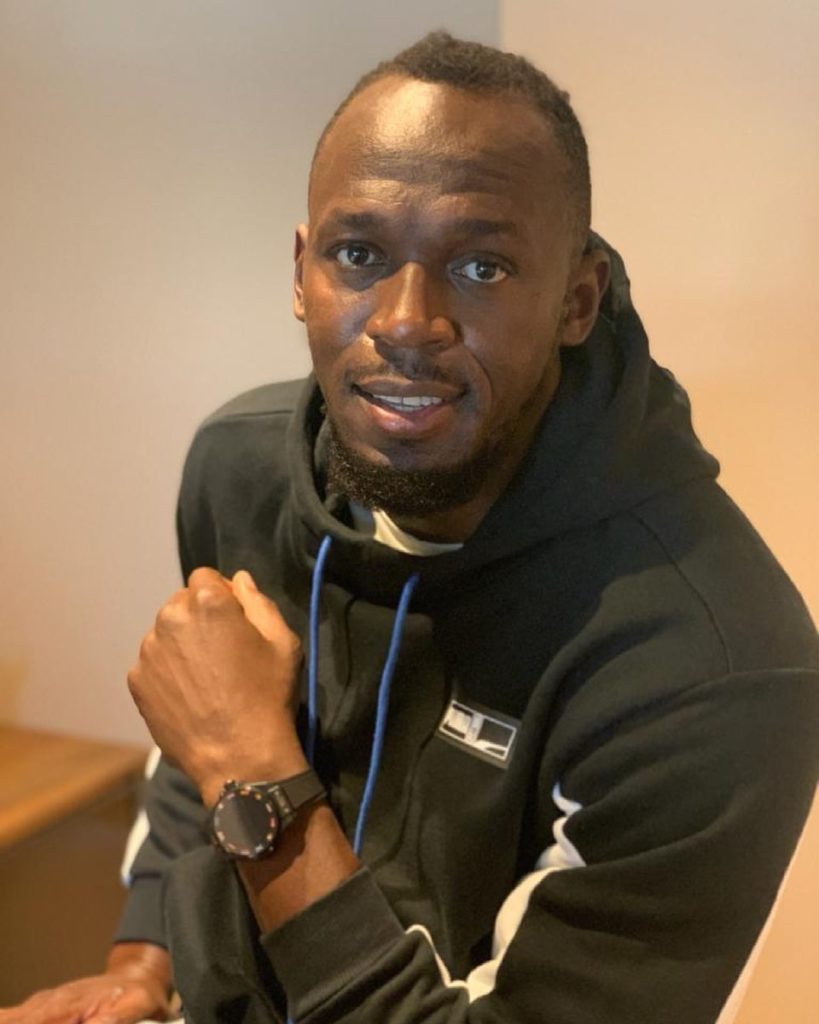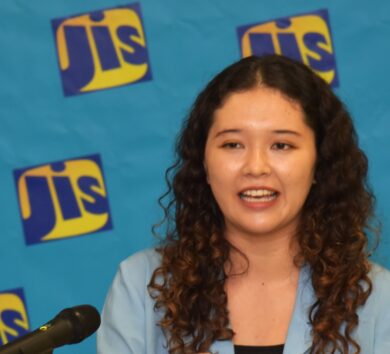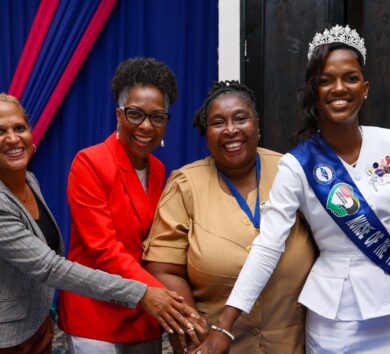

After making more money than he could have ever imagined, Jamaican sprinting legend Usain Bolt is speaking out on the most important financial life lesson he’s learned.
In an interview with CNBC Make It, Bolt articulated the value of learning and practising good financial management, underscoring the guiding principle of many Jamaicans that “every mikkle mek a mukkle”.
He stated: “When I started coming up, I spent a little bit more than I wanted to.”
The eight-time Olympic gold medalist said that, after his Olympics debut in 2004 at the age of 18, he got into the habit of “spending” because that’s when he really started making money.
“I tell people if you make $10, save $6, and then you can figure out what to do with the rest.”
Usain Bolt, Jamaican Sprinter
Thankfully, however, his habit of overspending was quickly nipped in the bud by teammates who sat him down and explained finances to him.
He said: “I have to give credit to my team. They’ve really helped me to understand how to save.”
On that note, the world’s fastest man said noted that the biggest financial life lesson he has learned to date is to save more than half of your earnings.
“I tell people if you make $10, save $6, and then you can figure out what to do with the rest,” said Bolt.
‘Save as much as possible’
Though now a retired athlete, Bolt, who in 2018 was ranked at number 45 on Forbes Magazine’s 100 richest athletes in the world, said if given the chance to go back in time he would advise his younger self to “save as much as possible”.
Not only is the field of professional athletics highly competitive in nature but your ability to earn relies heavily on your ability to perform.
He said: “There are a lot of athletes out there who got injured and that’s something that I learned and I saw with my own eyes.”
As such, he noted that the importance of making good financial decisions from early on can never be overemphasised.







Comments